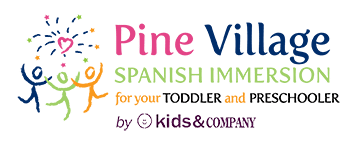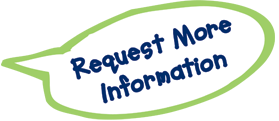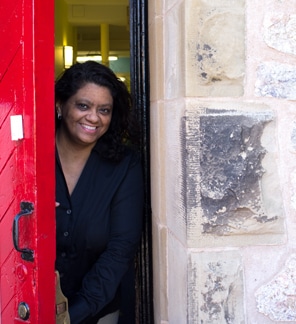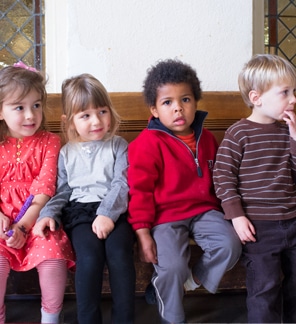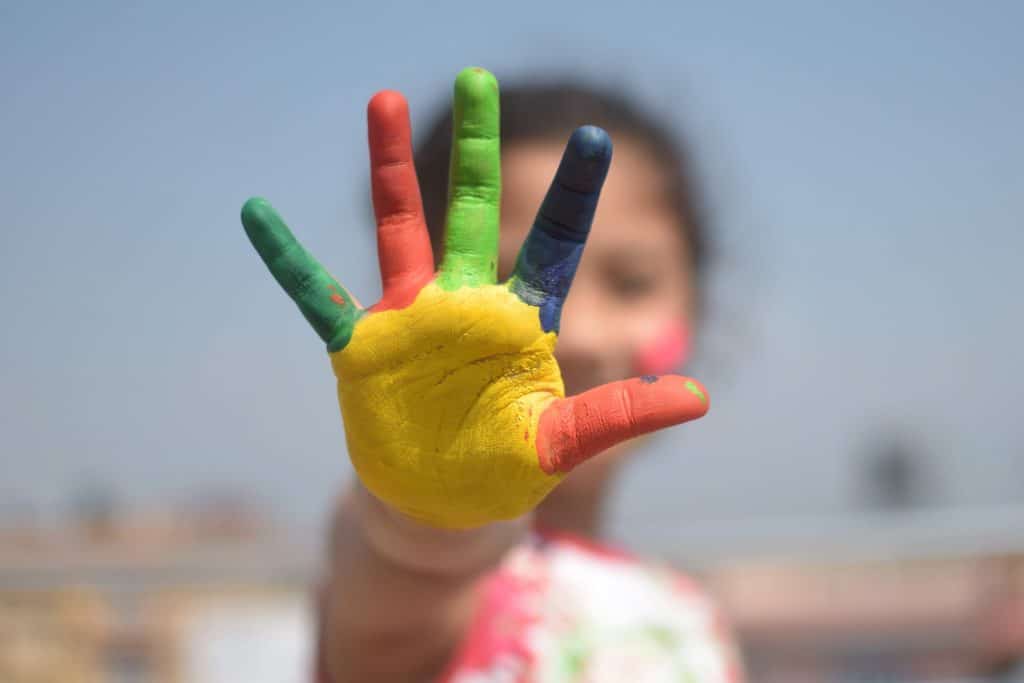
From the very beginning of Pine Village Preschool’s existence, we have placed a very large emphasis on social and emotional growth and learning–-two of our four core values are Love and Laughter. As part of that, we put many practices into place on a daily basis to help our children understand and manage their emotions so we can put them on the right path to success as they head out into the world (a.k.a. Kindergarten). In our goal to set ALL children up for success, we’ve worked to put in place resources to help those children who might be struggling with emotional, social and behavioral issues. To that end, we created a partnership with Community Therapeutic Day School (CTDS). About a year ago, Selene Gisholt a Psychotherapist who also has alumni children of Pine Village, began supporting our school and families. Today, we are excited to introduce Selene to you and share more about our partnership through this Q&A with her:
Tell us a little bit about your yourself!
I was born and raised in Miami, both of my parents came to the US from Cuba as teenagers. Spanish was the primary language at home and, actually, in most places in Miami there’s such a large Hispanic presence. I moved to New England for graduate school and received my M.A. in Art Therapy from Lesley University.
My second year internship during graduate school was at CTDS in Lexington. There I found a clinical philosophy, community, and mission that aligned with my aspirations. That was twenty-two years ago, and other than a one year jaunt through Europe with my husband, I have been there ever since.
The majority of my career thus far has been dedicated to providing individual therapy with children, parent guidance and clinical consultations to schools, both private and public, to better serve students whose needs go beyond what the school can provide.
What is your history with Pine Village?
My relationship with Pine Village also stretches back many years. About fifteen years ago, when we were looking for a preschool for my older son who had never been taken care of outside of our home, we visited a bunch of places that just left us feeling disheartened. The moment I walked into Pine Village and met [co-founder] Emma [LaVecchia], I knew we had found a sweet little school where he would make friends, laugh, play, learn, and be loved. All that came true and so it was a no-brainer to send our second son there a few years later.
In the years since my sons left PVP, I have remained connected through my mother-in-law, Marina Ituarte, who is the Community Director and oversees the Social Emotional Curriculum.
How do you work with Pine Village now?
A little over a year ago, Pine Village approached CTDS to inquire about setting up a collaboration between the two programs. PVP would receive consultations to better help them identify, address and support children within their schools who were manifesting some difficulties and/or delays in one or more areas of their development. In turn, CTDS would develop and actualize a system, through a multi-stage and comprehensive screening process, for children who are struggling with social, emotional, and behavioral difficulties; provide an avenue of treatment that both supports the child and family; and develop a network of support for the staff. The intent after three years is for PVP to become more independent in these efforts.
In September 2018, I began the consultations. Each week I spend a few hours in a classroom observing one or more children that teachers and/or parents have questions or concerns about. Then I meet with staff to discuss my impressions, make some recommendations, and plan next steps. At times, I return to the school a few months later for a follow up on how the child is doing after implementing the recommendations. Or we may meet with parents to share the information from my observation and make any referrals for further evaluations or services.
How can parents cultivate a strong relationship with their child’s teachers?
Open and consistent communication that contains listening as well as sharing is crucial. From there, a dialogue can follow where parents and school work together to share a child’s growth, areas of need, and strategies for building academic, play, physical, social, and emotional skills. It can be tremendously impactful when a child’s home and school environments are working in unison to promote the natural unfolding of her/his development.
What should a parent do if they have concerns for their child’s development?
I think most parents, myself included, often have concerns about their child and his/her development at some point. If/when this happens, talk with others who spend time with your child (spouse, teacher, grandparent, etc.) and share your concerns with them. If circumstances cannot account for your concerns (a move, a new sibling, one parent traveling a lot, etc.), then bring it up with your child’s pediatrician. Don’t go on the internet to search for explanations or answers to your concerns! I would also recommend always starting with your pediatrician to find more resources and next steps. Fortunately, we live in a part of the country that has many high quality resources dedicated to child development.
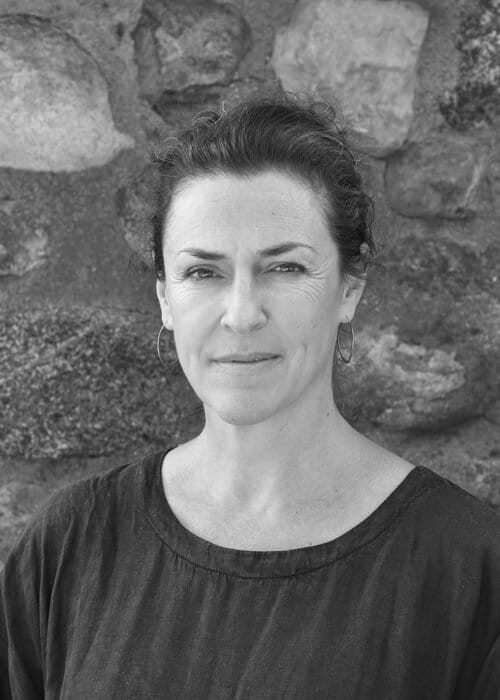
Selene Gisholt, Psychotherapist Selene began as an intern at CTDS in 1996. She has a B.A. in Psychology from Florida International University and an M.A. in Art Therapy from Lesley University. Selene is a Licensed Mental Health Counselor who has worked at CTDS as a Therapeutic Teacher and Program Manager. Selene has also served as an adjunct professor at Lesley University and a visiting speaker at Universidad Iberoamericana in Mexico City. She is currently providing child therapy, family therapy and consultations to professionals in various private and public schools and co-leads the Inclusion Sibling Groups. Selene is particularly interested in child development, attachment theory, temperament and mindfulness. She is the mother of two boys.
